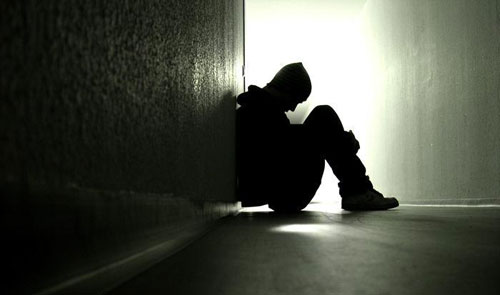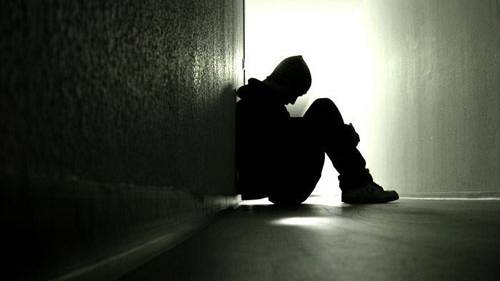Escaping the Clutches of Helplessness
Source: opednews.com

We can all feel fragile at times, fading feebly in and out like a tiny sparkle in the vast firmament. It’s easy then to feel helpless, overlooked, insignificant, and unappreciated.
An entanglement in helpless feelings can certainly dampen our light, leaving us afraid to be venturesome. We can feel befuddled, overwhelmed, or exhausted, buffeted about by the winds of misfortune. Disappointment, dissatisfaction, and the sorrow of not living up to our potential are likely to haunt us.
A chronic sense of helplessness keeps us from believing in ourselves, trusting ourselves, and pursuing our destiny. Our self-regulation weakens, and we fall prey to impulses to overeat, overspend, and overindulge. We also lose our ability to regulate our emotional life or maintain physical health, causing us to sink into apathy or become increasingly bitter, depressed, or ill.
We are indeed helpless when it comes to influencing many events and situations. We accept this fact with equanimity when we’re emotionally strong. But we can’t accept it so easily when plagued by chronic helplessness. Instead, like a turtle on its back, we experience the personal challenges of daily life through a painful sense of being unable to rise to the occasion.
Laid low like this, we also perceive global problems such as war, poverty, and weather changes through the conviction of our inability to influence them positively in a meaningful way. Instinctively, we back away from challenges to reform situations, close our mind to heroic possibilities, and succumb to temptations that adversely affect our health and general wellbeing.
Some of us sense acutely our painful predicament, and we desperately want liberation from it. But we can’t see the nature of our problem clearly enough to get any footing. As we struggle to break free of helplessness, we can feel, in a Catch-22 kind of way, helpless to extricate ourselves from overriding impressions of impotence, powerlessness, futility, passivity, and subservience.
[...]
Read the full article at: opednews.com






















